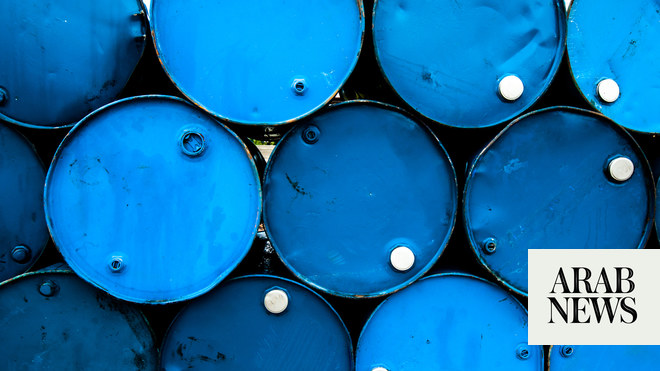
The Libyan National Oil Company has announced the resumption of oil production and exports after a nearly six-month shutdown that has cost the country $6bn (£4.7bn) in lost revenues and deepened the country’s civil war.
“The NOC has lifted force majeure on all oil exports from Libya,” the company said in a statement, adding that production would take time to return to previous levels. A first ship was due to start loading crude from the oil port al-Sidra in the east of the country, the statement said.
Libya, which has the biggest proven reserves of crude in Africa, is torn between the rival powers of the UN-recognised government of national accord (GNA), based in Tripoli, and strongman Khalifa Haftar, who rules over the east and part of the south
The oilfields have been shut since January and been under the control of forces loyal to Haftar, and more recently, a group of Russian mercenaries employed by the Wagner Group. It is not clear if Haftar-loyal forces known as the Petroleum Facilities Guards are leaving the oilfields as part of the lifting of force majeure.
But the resumption of production, if it occurs in practice, would be a sign that progress has been made in UN-led discussions on the distribution of Libyan oil revenues between the east and west of the country, as well as a future professional security force to protect the oil fields.
A virtual meeting on Monday attended by the NOC chairman, Mustafa Sannala, the US, UN, the Africa Union and 10 other countries involved in the conflict, discussed a proposal for the NOC to retain the oil revenues pending agreement on their long-term distribution arrangements.
Oil revenues are gathered by the NOC, but then distributed to the Tripoli based central bank. The east says the distribution of these revenues is unjust, not transparent and under the control of Islamists. The east wants the bank governor Al-Siddiq Al-Kabeer removed.
António Guterres, the UN secretary general, told the UN security council this week that a planned audit of the central bank “has not achieved the envisaged progress due to the obstruction by several key national officials. This is occurring despite Libya’s own judicial authorities having deemed the audit legal in June of this year.”
The interior minister of the UN-recognised, Tripoli-based Government of National Accord, Fathi Bashagha, welcomed the resumption of oil production. “Oil belongs to all Libyans, and its revenues must be managed in a transparent manner and distributed fairly in different regions, and not be a source of sectarian blackmail or political rivalries,” Bashagha said.
The fighting between the east and the west is paused after the GNA, backed by Turkish-supplied forces and air defences, decisively lifted Haftar’s siege of Tripoli two months ago. Eastern forces have warned Turkey not to try to enter the coastal port of Sirte. The UN is proposing a demilitarised zone as part of a ceasefire
In its statement lifting force majeure, the NOC said a return to full production would take a long time due to the significant damage to reservoirs and infrastructure caused by the illegal blockade imposed on 17 January.
Sannala is determined that as part of the deal a professional, loyal force is established to protect the oilfields, and prevent militia such as the PFG repeatedly hijacking the oil fields to make political and economic demands.
Since January, groups loyal to Haftar have been blocking the production and export of oil from the country’s most important fields and terminals. The NOC had invoked force majeure in response – a measure used in exceptional circumstances that allows the NOC to be exonerated from liability in the event of non-compliance with oil delivery contracts.
The EU foreign affairs chief Josep Borrell will lead a discussion on EU-Turkey relations at the EU foreign affairs meeting on Monday that is likely to include the bloc’s response to the Turkish intervention in Libya, a move that is in flagrant violation of the UN arms embargo.











